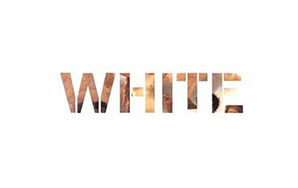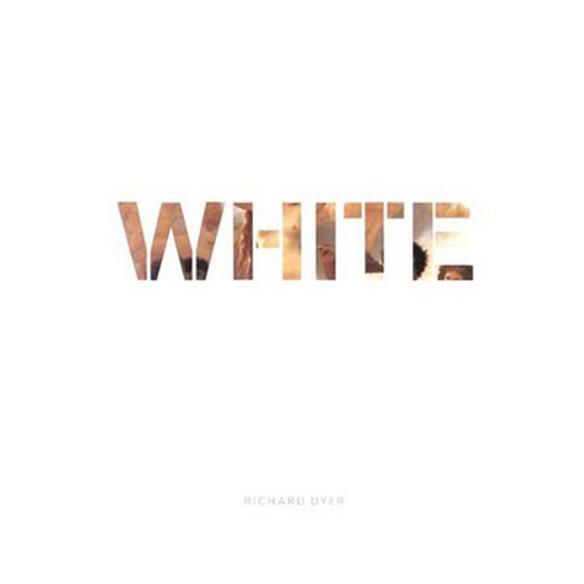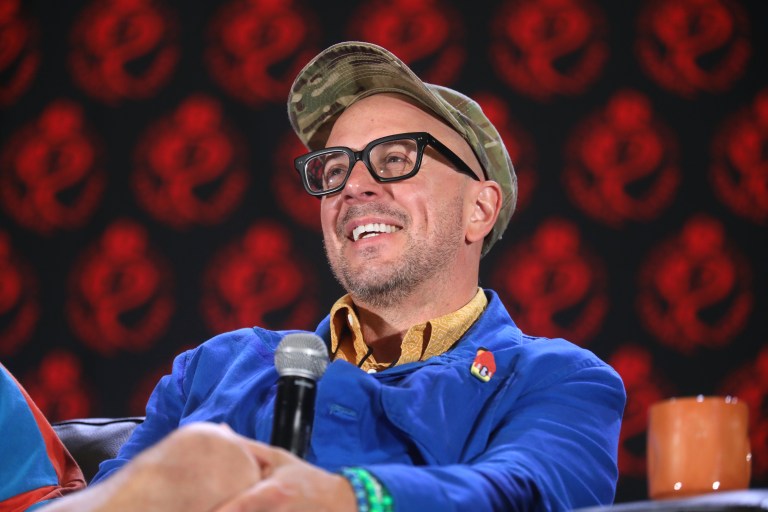
A Definitive Guide To White Privilege


0) White privilege, like whiteness itself, is intangible.
1) The problem with race in America is that people from all sorts of backgrounds coast through life without realizing how race still matters. They will make blanket statements like “we don’t have slavery anymore” or “there’s a black president now” or, even worse, “all of that stuff happened so long ago.” But that’s just it – it didn’t happen all that long ago, actually, and it is still happening. Cultural amnesia.
2) Whenever “diversity” or “race” comes up as a way to create opportunities for minorities, someone will say, “Race shouldn’t matter as much as merit. I don’t think people should be judged based on the color of their skin. Everyone should be judged without regards to their skin.” And they’re exactly right.
3) Because race isn’t about skin color. Race is a systemic, governmental, juridical set of processes rooted in history that have stabilized racial inequalities. So, for instance, race isn’t that I’m white and you’re black. Race is the law that says we can’t drink out of the same water fountain or that you have to sit in the back of the bus. Race is the law that says we can’t get married. Race is the fact that if you were black in the 1950s you had limited home-buying opportunities. Race is the common stereotype that if a black family moves into a neighborhood, property values go down. Race is targeting minorities for expensive, subprime mortgages.
4) A person’s white privilege is reflected they second they wonder why people are still talking about race.
5) But it is reflected even more if they act offended, angered and annoyed if another person calls out and interrogates their whiteness/white privilege. They feel that talking about whiteness is reverse discrimination.
6) There are 2.3 million incarcerated people in the United States. African American men count for more than 1 million people in jail. Black men are jailed six times more frequently than white men.
7) “I don’t see race” or “we should all just look past race” are two general statements that can only be said by a person for whom race is not a daily struggle/issue/negotiation.
8) White privilege is a kind of narcissism because it is the ability to see if not continuously demand images of whiteness in all representational media. White people are already everywhere. In one of the sociology classes I took this semester we talked about black and Latino gay culture via Paris Is Burning and one of the white gay male students in the room said, “I feel left out. Where are all the white gay men in this story?” Really?
9) White privilege is the irrational fear that affirmative action programs are going to pave the way for minorities to take over, or more specifically to take “your spot” at college or in the workplace. White privilege is the assumption you have a “spot” to begin with. Affirmative action was launched with an Executive Order signed by President Kennedy in 1961. In the past 52 years, what has changed on college campuses and work places? How has affirmative action shaped access to top jobs and schools in America?
10) There are 315,755,000 million people in the United States. 13.1% of them are black. 5% are Asian. 16.7% are Latino. 78.1% are white.
11) 7% of Harvard undergraduates are black. 16% are Asian. .1% are Native American. 43% are white. At the University of Texas at Austin, 4.6% of undergraduates are black, 17.9% are Asian, 20% are Latino, 50% are white.
12) Have you waltzed into an investment bank recently? A law firm?
13) White privilege means never having your intelligence questioned or, for that matter, having to work 20x harder just to buffer yourself from negative critique when you achieve greatness. It happens when a minority person you know achieves something amazing, and you secretly think, “Well, it’s because you’re (race).” Whenever I get into debates with my white friends about the merits of affirmative action programs, the thing that always comes up is, “Well, if they were held up to the same standards as white people…” It annoys me that the racism of that kind of blanket statement can slip past a person of any given racial background.
14) A white person doesn’t think of themselves as white. We are just people.
15) When we talk about white privilege, we’re not talking about bank accounts and elite status. That’s where class comes in. But we are talking about a set of non-tangible advantages, like never being asked why we speak so well. No one has ever told me that I have good diction or that I speak well because I’m white.
16) There is always the black or brown student in the class whenever race comes up, and everyone looks at that person to speak for their entire minority race.
17) You can appropriate aspects of black culture or Native culture or any other brown culture on Halloween or as some kind of joke, but at the end of the day, when it’s all said and done, you still get to return to whiteness.
18) I was sitting in a cafe on my college campus and this guy sat at a table across from me was talking about how he grew up “rich” and his family was a member of the elite country club in his home town. “I never had to encounter the blacks before, but then I went on a church mission where I fed the homeless, saw poverty, and that was my first exposure to blacks.” Think about just what he’s saying.
19) Not all white people are racist, but all white people have white privilege.
20) Recognizing you have white privilege is part of the fight against racism. I know I have white privilege, and that definitely impacts how I relate to the world and it shapes the kinds of relationships I cultivate. When you understand your own white privilege, you’ll be better equipped to see and understand systemic discrimination and inequality. ![]()











